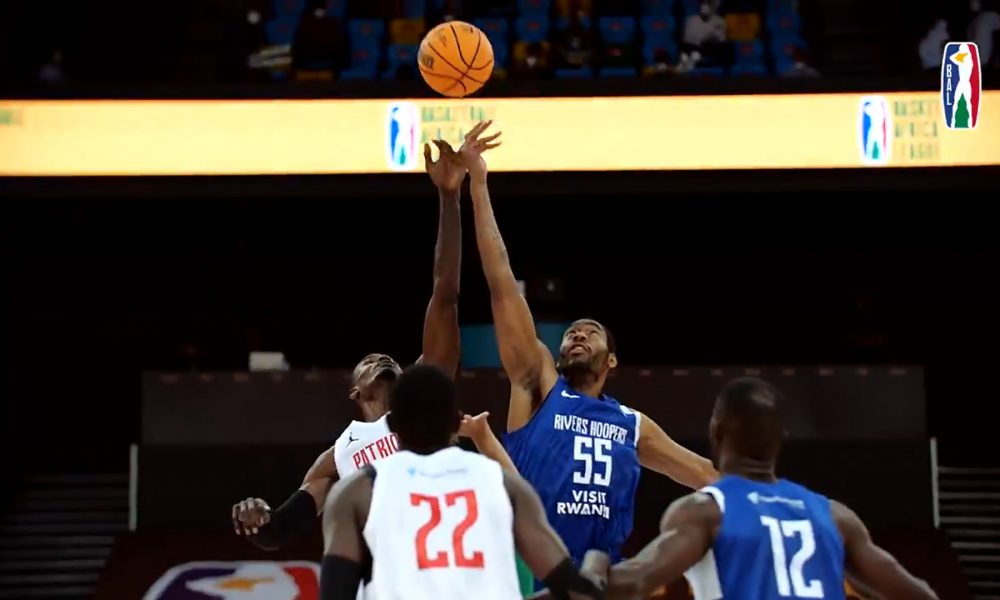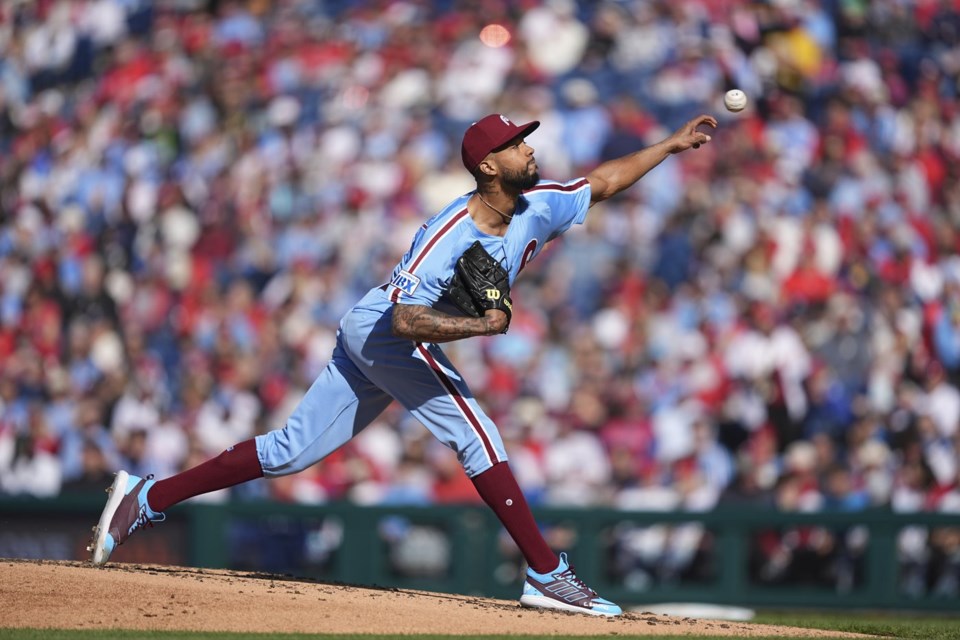The Basketball Africa League , a project of the National Basketball Association and the International Basketball Federation, debuted on Sunday, May 16, in Kigali, the capital of Rwanda. Twelve African teams will play 26 games, concluding with the May 30 finals. Just before the tournament began, The Atlantic Council published a statement, “The Basketball Africa League has arrived: Here’s why it matters .” “The BAL’s NBA connection,” they wrote, “makes it well-suited for heightened engagement. Sports, along with the associated creative industries, remain a tool of US soft power . . . “
The decision to debut the league in Kigali is a huge public relations coup for totalitarian, war criminal, and US military partner Paul Kagame.
Before writing “Voices Are Raised Against the NBA Launching Its New African League in Rwanda ,” EdgeOfSports podcaster and Nation sportswriter Dave Zirin contacted NBA Commissioner Adam Silver to ask why Kigali had been chosen as the location for the new African league’s debut, and the office responded that it chose Rwanda because “it has the infrastructure and facilities in place to provide the best opportunity for a safe and successful event.”
I spoke to David Himbara, Rwandan Canadian economist, educator, and former advisor to Rwandan President Paul Kagame, and the author of “Kagame’s Economic Mirage ,” who says that can’t be the main reason for holding the event in Rwanda.
David Himbara: There are other countries with infrastructure superior to Rwanda’s who could do just as well at hosting an event to promote African talent. They include Senegal, Ghana, Kenya, and South Africa. But Kagame has cleverly manipulated naive foreigners to get this event to come to Rwanda. His main Western booster is Masai Ujiri, the Nigerian American President of the Toronto Raptors. We protested when Masai Ujiri brought Kagame here, to Toronto, when it hosted the NBA All Star Game in 2016.
Ann Garrison: Yes, I reported on that when it happened, and so did your daily newspaper, the Toronto Star, in a piece headlined, “NBA courts controversy with Rwandan president all-star appearance .” Canadian investigative reporter Yves Engler has reported on the cozy relationship between Kagame, the NBA and Masai Ujiri several times since. In “Raptors’ President embraces bloodstained dictator ,” he wrote, “Toronto Raptors’ president Masai Ujiri claims to be an ambassador for Africa. But, his embrace of the most bloodstained African leader makes a mockery of any pan-Africanist pretenses.”
Tell us about Kigali’s famous infrastructure, which includes the Rwandan International Airport, the convention center, and the arena where the games will be played.
DH: President Kagame has put Rwanda into debt for more than $3 billion to build what he calls infrastructure for turning Rwanda into a conferencing, sport, and tourism hub. So he built this Kigali Convention Center. He built this Kigali Arena for the basketball games. He built a national airlines, RwandAir . But the return on this multi-billion-dollar infrastructure investment is so far zero. These are white elephants. It makes no sense to put Rwanda into debt over $3 billion to host conferences, which nobody’s attending, in a country where 60% of the population lives on less than $1.90 a day, which is poverty. That’s the definition of poverty. It’s a crime. Terrible.”
AG: I believe you’ve said that despite the shiny modern facade of downtown Kigali, the city doesn’t even have a sewage system.
DH: Yes, that’s right. The road from the airport to downtown is perfect. It’s all swept every day, but even Kigali itself—a city of 1.5 million people—is a city of latrines. There is no sewage system. So even those fancy buildings are sitting on what I call modern latrines. And as for the rest of the country—any kilometer in any direction off the main roads—you see poverty, a poverty-stricken population.
So here is this guy showing off the basketball arena, convention centers, and modern airlines, but it makes zero impact on the lives of all the people of Rwanda.
“Kigali itself is a city of latrines.”
Basketball players, coaches, trainers, and media teams who fly in for the games aren’t likely to see beyond the city’s gleaming airport, hotels, convention center, and arena. Those things are all very close to each other. So there’s all but zero likelihood of those visitors seeing the real Rwanda.
AG: I don’t imagine they’ll know anything about Kagame’s culpability for the Rwandan war and genocide of 1990 to 1994 and the 26-year war and occupation in Rwanda’s neighbor, the Democratic Republic of Congo (DRC) either.
DH: No. Their likelihood of knowing or understanding that Is all but nil. These realities are not reported in the sports and celebrity press covering the new Basketball Africa League. The superficiality of that press instead gives Kagame a chance to take the international stage, showing off his fancy buildings and his knowledge of sports, and appearing to be a forward-looking African leader.
AG: The state and corporate press report the Rwandan and Congolese catastrophes primarily as violence between African peoples and nations, what’s often called “Black-on-Black violence” here.
DH: Yes, superficially it all seems to be “Black-on-Black violence.”
AG: And we haven’t seen huge bombs produced by Western weapons manufacturers fall on the people of Rwanda or DRC, as we do in Gaza.
DH: No, we don’t. But most of this violence is ultimately about theft of the enormous mineral wealth of DRC, which is ultimately exported to the industrialized nations. Rwanda exports about $500 million worth of minerals every year, but the mines within Rwandan borders aren’t worth more than $20 million. These are minerals stolen from DRC, but only to enrich Kagame and his circle, who launder profits from these crimes into their offshore accounts. That plundered mineral wealth doesn’t go to build roads and other infrastructure that Rwandans desperately need.
You have to look at Western and Chinese multinationals and IT companies, the Lockheed Martins, Apples, Microsofts, Huaweis, etc., who make their weapons and electronic toys with Congolese minerals to see who is ultimately responsible. These multinationals and their mineral hungers drive the violence. They are all part of the whole international criminal syndicate. If they were willing to abide by the rules to assure that minerals from DRC were properly tagged with their origins and Congolese people were fairly compensated, then we would have a completely different situation.
David Himbara is a Rwandan Canadian economist, educator, former advisor to Rwandan President Paul Kagame, and the author of “Kagame’s Economic Mirage .” He has been living in a building with 24-hour security in Toronto since Kagame’s agents sent a letter to his previous address to let him know that they knew where he lived.
Ann Garrison is an independent journalist based in the San Francisco Bay Area. In 2014, she received the Victoire Ingabire Umuhoza Democracy and Peace Prize for her reporting on conflict in the African Great Lakes region. Please help support her work on Patreon . She can be reached at @AnnGarrison or ann-at-anngarrison.com.







